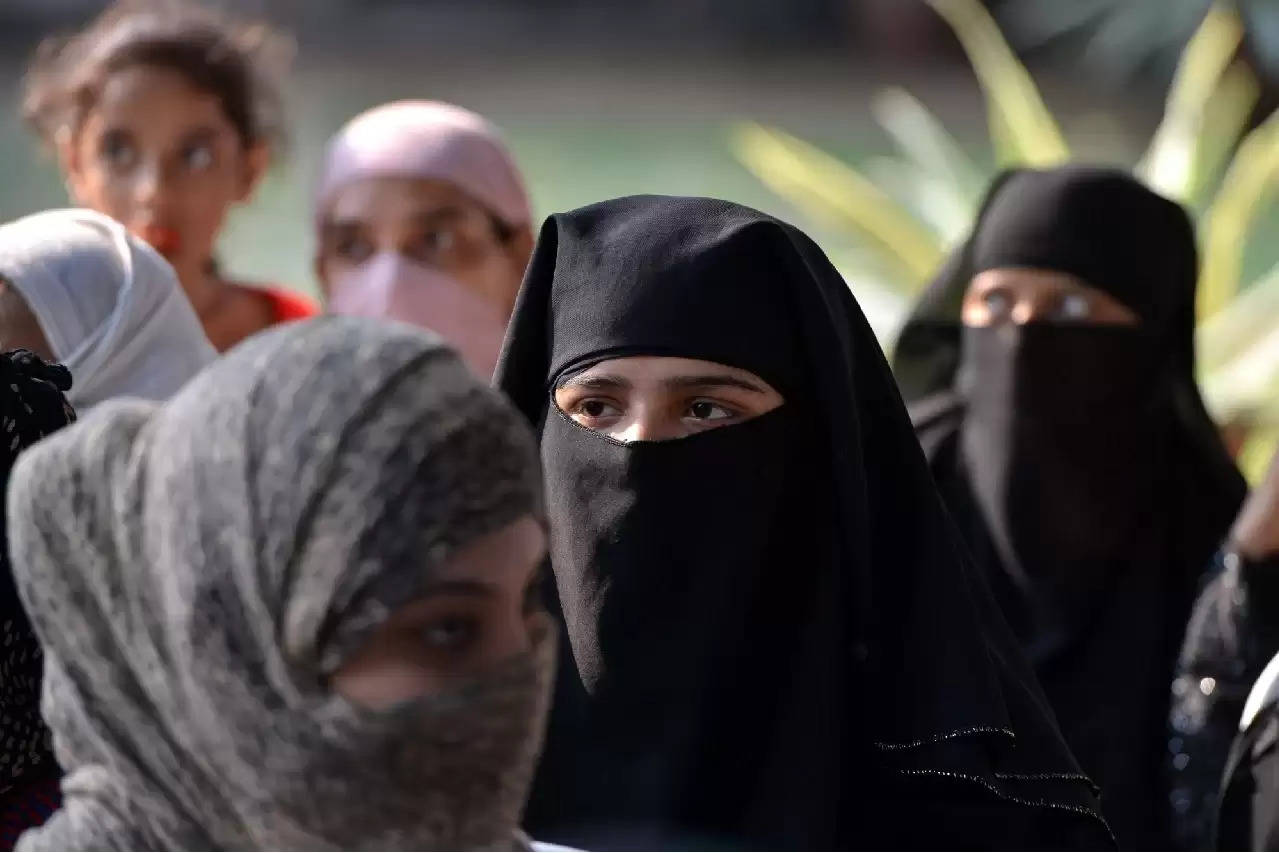Supreme Court Upholds Rights of Muslim Women to Seek Maintenance Upon Divorce

In a landmark decision, the Supreme Court of India has reaffirmed the rights of Muslim women to seek maintenance from their husbands after divorce, asserting that these rights are not superseded by the provisions of the Muslim Women (Protection of Rights on Divorce) Act, 1986. This ruling marks a significant step forward in ensuring gender equality within the framework of personal laws in India.
The case, which has garnered national attention, arose from a petition filed by a Muslim man challenging an order to pay interim maintenance to his divorced wife. The petitioner contested the applicability of the secular law over the provisions outlined in the 1986 Act, which was enacted in response to the controversial Shah Bano case during the tenure of Prime Minister Rajiv Gandhi.
The Shah Bano case, a watershed moment in India's legal and social landscape, highlighted the plight of Muslim women who often faced financial insecurity after divorce due to the lack of adequate legal provisions for maintenance. In response to widespread outcry and debate, the Parliament passed the Muslim Women (Protection of Rights on Divorce) Act in 1986, which aimed to provide Muslim women with a safeguard by entitling them to a reasonable and fair provision for maintenance after divorce.
However, the interpretation and implementation of this Act have been subject to scrutiny over the years. The recent Supreme Court ruling clarifies that while the 1986 Act is a legislative measure addressing the rights of Muslim women, it does not supersede the overarching principles of secular law, particularly when it comes to ensuring gender equality and justice.
Justice was served in this case when the Supreme Court dismissed the petitioner's arguments, upholding the lower court's decision to grant interim maintenance to the divorced wife. This decision underscores the judiciary's commitment to interpreting laws in a manner that upholds constitutional values, including equality before the law regardless of religious affiliation.
The implications of this ruling extend beyond the specific case at hand. It reaffirms the constitutional principles of equality and non-discrimination, ensuring that all Indian women, irrespective of their religious background, have access to legal remedies that protect their rights and dignity. The judiciary's role in interpreting and safeguarding these rights remains crucial in the ongoing pursuit of gender justice and equality in India.
Moving forward, this ruling is likely to have a profound impact on legal discourse surrounding Muslim personal laws in India. It sets a precedent for future cases and underscores the evolving nature of jurisprudence in balancing religious rights with fundamental principles of justice and equality.
In conclusion, the Supreme Court's decision to uphold the rights of Muslim women to seek maintenance upon divorce signifies a pivotal moment in India's legal history, reinforcing the country's commitment to gender justice and constitutional values. It is a testament to the resilience and progress of India's judicial system in addressing complex social issues and ensuring equal rights for all citizens.
